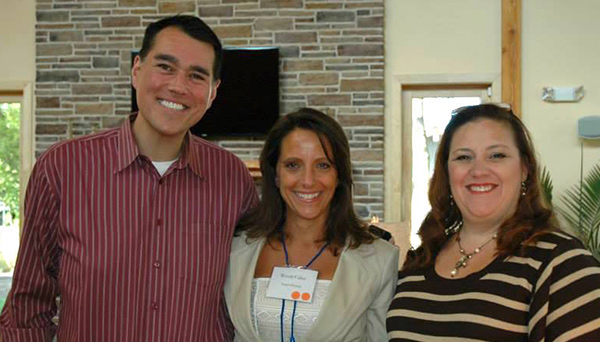The changes in the day-to-day living of our lives, automation, technology, and cheap goods and services have had a profound impact on how our children are developing. Add to that the tectonic shift in parenting culture that has convinced us to “do as much as you can for your children, give them every advantage, pave the road for them, and they will succeed.”
Continuing our series, here are 3 “good-parent” myths claiming that Good Parents are Entertainers.
- Good parents provide constant fun
- Good parents do not force their children to entertain themselves
- Engagement in screen time has no negative repercussions
Good parents provide constant fun
Parents who provide children with constant fun are raising children who will not develop the comfortable relationship with boredom that is often the birthplace of our creativity, according to research:
“It turns out… that a certain level of boredom might actually enhance the creative quality of our work.”((https://hbr.org/2014/09/the-creative-benefits-of-boredom))
In one study, researchers… found that participants who were bored outperformed those who were relaxed, elated, or distressed on creativity tests.((http://www.fastcompany.com/3042046/the-science-behind-how-boredom-benefits-creative-thought))
And children uncomfortable with boredom can look forward to a life that will be a great disappointment, as life is anything but constant fun.
Good parents do not force their children to entertain themselves
Force them? Children are wired to entertain themselves. Ever watch a baby discover his own foot? Children who lose their sense of curiosity, who are unable to get beyond, “I’m bored” are not likely to have the stamina necessary to persevere through the grunt work that precedes discovery and invention. Parents who constantly provide entertainment for their children are lovingly strangling curiosity.
Engagement in screen time has no negative repercussions

It will take time for the
outcomes of unfettered hours of screen time to be revealed. But the eternal reality that childhood is the period in which the human being learns how the world works certainly hasn’t changed. If we are hoping for an electorate of citizens who can analyze an argument, recognize a con, have courage when life is frightening, stand up for justice, or even recognize a cantaloupe when it still has the skin on it, we are going to have to consider just how much time on the screen is acceptable, exactly what our children are getting out of it, and what they are not getting at the same time.
The parenting mythology is just as creative, alluring, and devastating than the predatory lending that cast us into the recession. It is a multi-faceted narrative with many equally fraudulent psychological products.
Let’s remember that despite all of our best intentions and good parenting choices, there are no guarantees. Children are agents of free will who will make their own decisions. The best we can do is set our sights constantly on the future, on who we want them to become, asking ourselves what we have done recently to help our children develop this way. Check out the insights from the Aspinall’s parenting class that addresses many of these “good-parent” myths:
*Adapted text from Mrs. Calise’s State of the School.






Leave a Comment